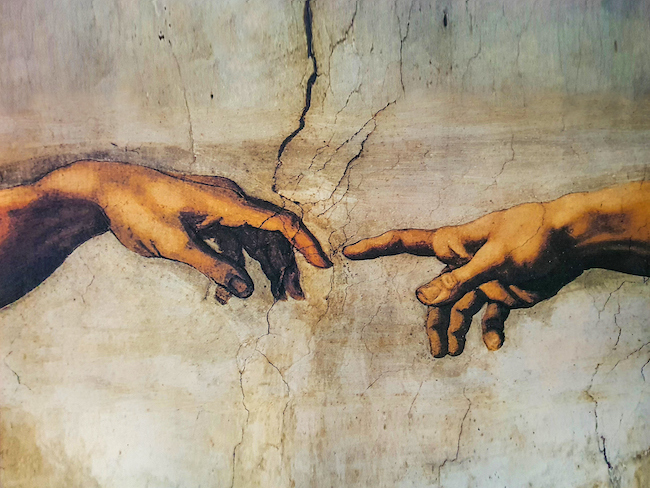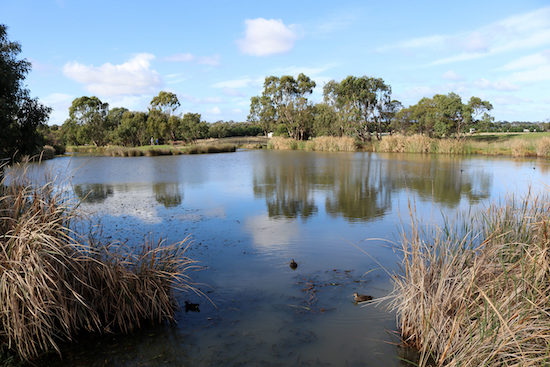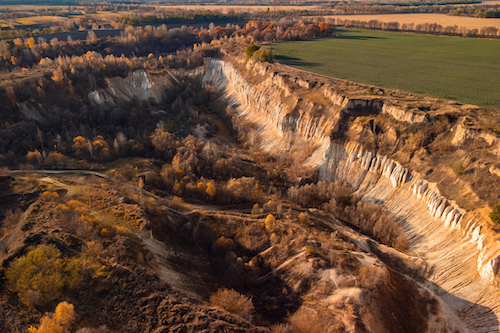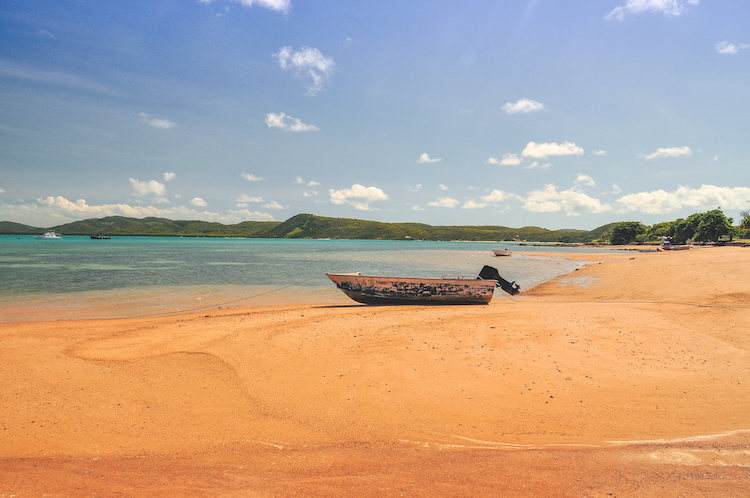Journal
Articles

Once/Now
IT WAS A night in at Maree’s place, which she found strange, as it was Brad who had recently purchased a new TV. Maree sat in one corner of the couch, knees up to her chest. Brad was on the other side, upright, a glass of scotch resting on the couch arm. Maree had not been to Brad’s place in quite some time.

Let there be light
Whether they’re personal, cultural or religious, these are the stories that offer us ways of orienting ourselves amid the sheer chaos and confusion of being alive – particularly today, as humanity’s existential and environmental crises continue to mount.
Once upon a self
For Plato, most notably, drama and poetry were to be regarded with intense moral and political suspicion: they made malevolent characters intelligible to their audiences; they use up our real moral sentiments by arousing them for fictional characters; and by depicting certain traits and tropes they risked seducing audiences into acting them out themselves.

On undoing
I am forty before I visit Europe, still ignorant that a century before me my great-grandfather had walked those same cobblestones. That he had fought in a war that did not reward him with any meaningful welcome on his return home. Now that I know, I yearn to go back and breathe that air, knowing that William was there.

Into the swamp
Some versions of environmentalism understandably encourage an almost Swiftian misanthropy, with the ecological collapse framed as the inevitable response of nature to a pestiferous humanity, the only species that, by its very existence, destroys all that it touches. But maybe, just maybe, it doesn’t have to be that way.

A Martuwarra Serpent stirs in its sleep…
Aboriginal people are usually confident in the enduring nature of knowledge (not just belief) because that other mob down the road has the same story, or a similar one. It is a multispecies and layered story, and that is precisely what makes it creative, unlike so much of continuing Western materialist ideas and practices.

Everybody loves beginnings
Beginnings are a breaking of silence that give some indication as to why the silence ought to have been broken, and the prospects of such a breaking. Why should I have broken my silence and begun this discourse? And why should the difficulties of breaking this silence, difficulties that for some reason I must enact in order to ameliorate, appear so manifestly predictable to me?

The emperor’s new opponent
Ask many of my colleagues to define AI and they will tell you…that it’s about getting computers to do tasks that humans require intelligence to perform. Or, to put it another way, it’s about faking human performance on intelligent tasks.

On the right track
When the National Cultural Policy was released, the Albanese government stated their commitment to developing legislation to protect Indigenous Cultural and Intellectual Property. At last there will be a legal framework which can not only protect Indigenous peoples’ rights, but also set the pathway for better sharing of culture and greater respect for Indigenous cultures as the oldest living cultures in the world.

Filling the void
These failures of clean-up, or ‘mining legacies’, are the result of booms and busts – of minerals drifting in and out of favour. Nothing is as precious as a hole in the ground – until that hole in the ground is worth less than nothing. When a boom ends and a resource’s price plummets, a quarry’s metamorphosis from asset to liability can take place in an instant. When abandoned mines are located in out-of-the-way places, populated by those with little political influence, tailings may simply be left to blow in the wind.

Adhi danalpothayapa
For all the clans on Saibai, both migrations were distressing, uprooting families from their homelands where they had lived for thousands of years. Nevertheless, knowledge produced from these migrations has been embedded in stories chronicling the changing climate, and shared throughout the generations. A strong sense of pride is conveyed when recounting these narratives of adaption and resilience. Story is the key because the wisdom is in the story.

Sad stories you are old enough to hear
Those were innocent years, those years before a teenager called Junaid was murdered in a train while looking visibly Muslim. Before we began to hear whispers about whether it was a good idea to travel by train since reservation charts were pasted on the platform and outside each compartment, a list of passenger names alongside seat numbers; how that made it easy to target someone based on their identity.